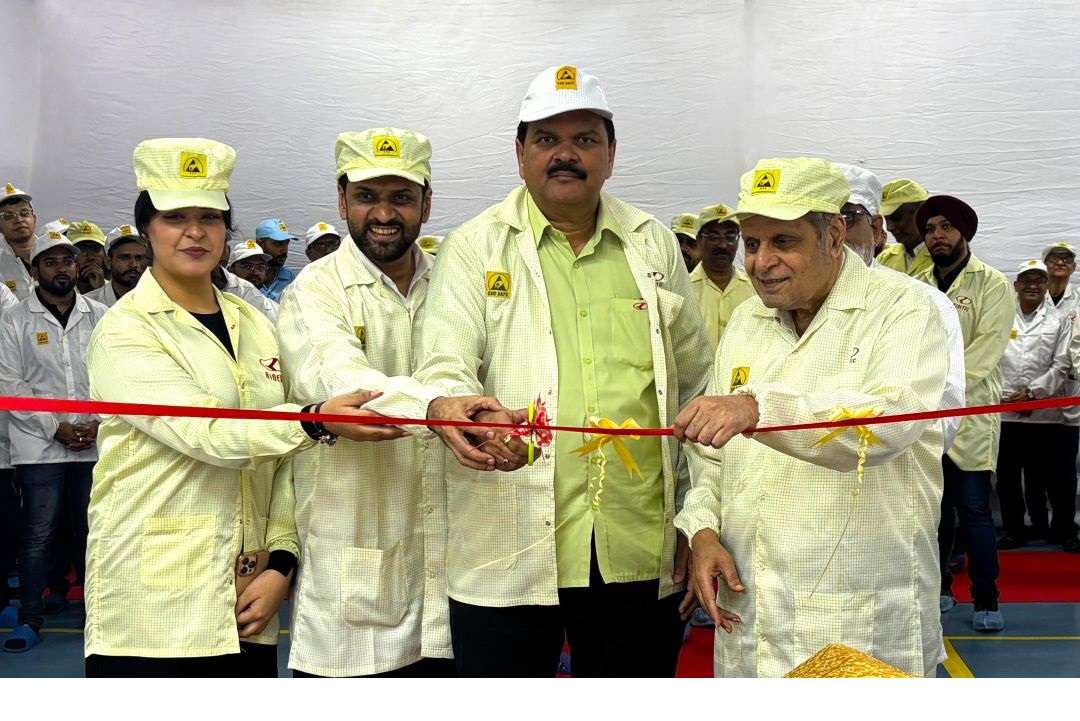Kinetic Communications Limited has launched a fully automated production line for electric vehicle motor controller units at its Pune plant. The new line was formally inaugurated by Padmashri Dr Arun Firodia, Chairman of the Kinetic Group, alongside Director Deepak Shikarpur and Vice Chairman Ajinkya Firodia.
The facility will produce Motor Controller Units (MCUs) — key electronic systems that regulate the power flow between batteries and electric motors. These units support critical EV functions including acceleration, braking, energy management, hill-hold assist, cruise control, and regenerative braking.
Equipped with Surface Mount Technology (SMT) and high-precision assembly systems, the line operates through Programmable Logic Controllers (PLCs) and Human Machine Interfaces (HMIs). Under a two-shift model, the facility has the capacity to produce up to 180,000 units per year, with 300 units per shift.
“This new facility is a step forward in embracing smart manufacturing principles,” said Ajinkya Firodia, Vice Chairman. “It adds intelligence, speed, and adaptability to our operations, aligning with the highest global benchmarks.”
Deepak Shikarpur, Director of the company, described the setup as a strong example of high-tech, locally built manufacturing under the Make in India initiative. “With this level of automation and engineering precision, India is positioning itself in the global supply chain for EV electronics,” he noted.
The production line features high-speed SMT machines capable of placing up to 40,000 components per hour with integrated verification systems. Quality assurance processes include 3D Solder Paste Inspection (SPI), Automated Optical Inspection (AOI), In-Circuit Testing (ICT), lead-free dual wave soldering, and final testing before dispatch.
Kinetic Communications Limited, a division of the broader Kinetic Group, serves the automotive electronics and Electronics Manufacturing Services (EMS) sectors. The company has previously recorded revenues exceeding ₹100 crore, catering to original equipment manufacturers in the EV and electronics markets.
The company aims for zero-defect production by leveraging automation, real-time monitoring, and process optimization. The facility also includes backup production systems to ensure uninterrupted supply during demand spikes or operational contingencies.







